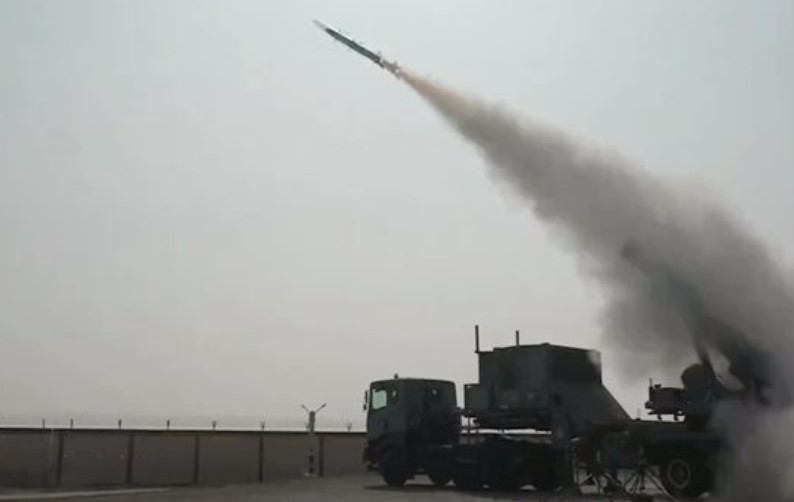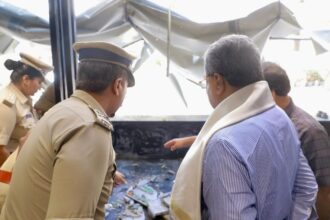In a heightened escalation of regional tensions, Iran launched a missile attack targeting alleged militant bases in western Pakistan, resulting in the tragic death of two children, as confirmed by Pakistani officials. The operation, which reportedly struck two sites in Balochistan linked to the militant group Jaish al-Adl, was acknowledged by Iran’s state TV. The attack comes in the wake of Iran’s recent strikes on targets in Iraq and Syria.
Pakistani authorities expressed outrage, labeling the missile strike as “illegal” and issued a stern warning of “serious consequences.” The attack, which caused the death of two children and injuries to three others, has intensified the geopolitical landscape in the region.
Iran’s Foreign Minister, Hossein Amir-Abdollahian, addressing the issue in Davos, insisted that only members of Jaish al-Adl, not Pakistani nationals, were targeted in the strike. Despite Iran’s stance, Islamabad remains firm in its condemnation of the attack, emphasizing the violation of its airspace.
As tensions rise across the Middle East, Iran seeks to distance itself from broader conflicts. However, its “Axis of Resistance,” comprising Houthi militants in Yemen, Hezbollah in Lebanon, and various groups in Syria and Iraq, continues to carry out attacks against Israel and its allies. This latest incident adds fuel to an already volatile situation in the region.
Iran Violated Pakistan Air Space Killing Children

Amidst the geopolitical fallout, China has urged both Pakistan and Iran to exercise restraint and avoid actions that could escalate tensions. The international community watches closely as the incident further complicates an already delicate regional balance.
In a retaliatory move, Pakistan asserts that Iran violated its airspace, leading to the tragic loss of innocent lives. The incident prompts a swift diplomatic response, with Islamabad labeling it as “completely unacceptable.” As the two nations exchange accusations, the broader implications of this latest clash loom large over an already turbulent Middle East.
Adding to the complexity, Iran extended its military operations into Syria’s last remaining opposition stronghold, Idlib province, home to 2.9 million displaced people. However, the most startling development was Iran’s unexpected strike on its nuclear-armed eastern neighbor, Pakistan. The move has sparked widespread outrage from Pakistan, which emphasized that the attack occurred “despite the existence of several channels of communication” between the two countries.
Responding to the situation, Islamabad announced the recall of its ambassador to Iran, and, in a bold move, declared that the Iranian ambassador would not be permitted back into the country for the foreseeable future. This latest episode marks a dangerous escalation in the ongoing regional unrest, prompting heightened international concern over the unpredictable trajectory of geopolitical tensions in the area.






